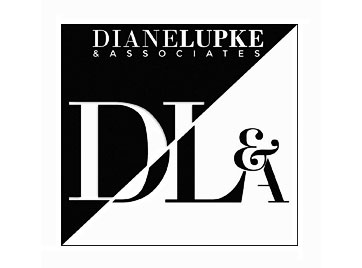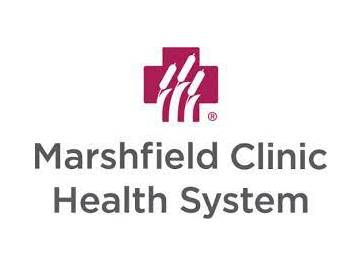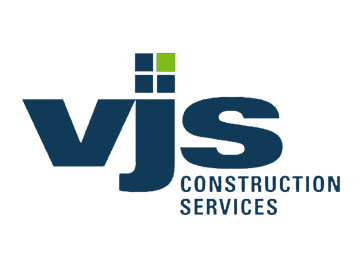Guest Column: Promoting Economic Growth in Wisconsin
By Wisconisn State Representative Dave Murphy

Thank you for the opportunity to tell you about a few legislative proposals I’m working on to promote economic growth and boost the state’s workforce.
Keeping College Graduates in Wisconsin
Assembly Bill 174 gives UW System and Wisconsin Technical College System (WTCS) graduates the ability to earn “in-state tuition” by living, working, and paying taxes in Wisconsin for at least two years after graduating. This would address our workforce needs quickly, efficiently, and potentially at no net cost to the state.
Wisconsin residents pay a reduced tuition rate at UW and WTCS campuses, due to their tax contributions to these institutions over the years. I want new Wisconsinites to be able to earn partial in-state tuition after contributing to our state’s economy.
If it becomes law, the proposal would appropriate $15 million to the Higher Educational Aids Board (HEAB) to administrator the program and start paying out grants to individuals who meet the qualifications specified in the bill and administrative rules.
Individuals may earn the grant for up to five consecutive years, as long as they continue to live and work in Wisconsin. If they leave or stop working, they’d no longer be eligible to receive the grant. Since the grant is contingent on individuals living and working in our state for at least two years, the grant could easily pay for itself as the tax base is grown.
The total amount a graduate may earn over five years would be worth up to 50 percent of the difference between in-state tuition and non-resident tuition that the graduate was charged during their time as a student. The grant is taxable income, reducing the future fiscal impact on the state budget. Additionally, we ask the Dept. of Workforce Development to publicize the grant with a logo and website aimed at recognizing employers that hire edible graduates and connect these businesses with students. WEDA has been a partner in drafting this legislation.
Increasing Research Money in Wisconsin
Anyone who has started a business understands just how important it is to act quickly, especially when patents are involved. Unfortunately, Wisconsin delays the ability for a University of Wisconsin (UW) System employee to enter into a research contract with the university by up to 45 days. These delays don’t occur elsewhere and drive research opportunities out of the state. In 2015 alone, UW–Madison saw nearly $100 million less in private and non-profit research funding than other comparable universities around the country. My bill, Assembly Bill 38, eliminates this unnecessary bureaucratic delay in the UW System research contracting process.
Current law generally prohibits state employees from participating in state contracts where they have a private financial interest and the ability to influence that contract. The law has a specific exemption for university employees when such contracts are between a UW System entity and a research company. This exemption allows UW faculty and research-focused employees who spin-off companies to engage in activity that benefits the interests of the public, the university, and the newly created business. The current exemption requires all contracts to be reviewed by the Board of Regents through a 45 day passive review process, which by default has become a 45 day delay in executing research contracts involving UW employees.
Managing conflicts of interest is something best done on the ground by people who are familiar with the individuals involved and engaged in the work being done. Every UW institution already has in place an efficient and effective means of managing conflicts of interest at the campus level. Our bill simply eliminates the 45 day delay and allows the institution to move forward with a contract when any interest that an employee has in the research company has been evaluated and addressed in a management plan. The Board of Regents will still maintain authority to override these decisions under statute if it ever becomes necessary to do so.
WEDA supports both Assembly Bill 174 and Assembly Bill 38. They can be reviewed on WEDA’s Bill Tracker.































